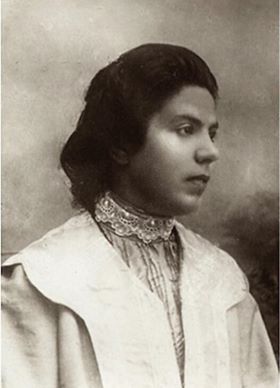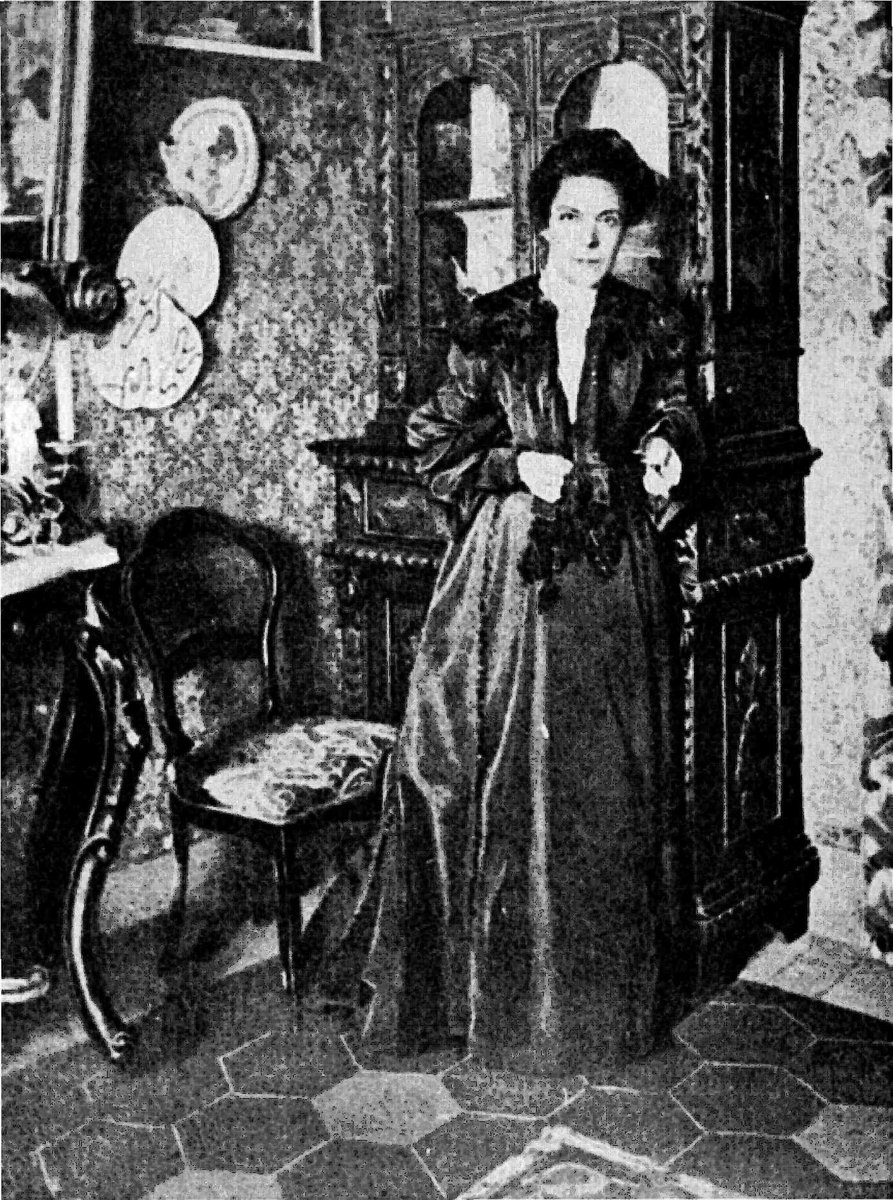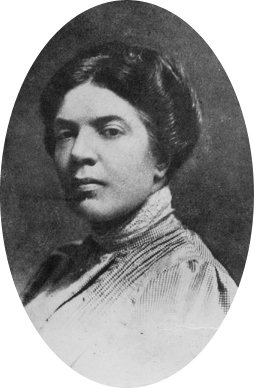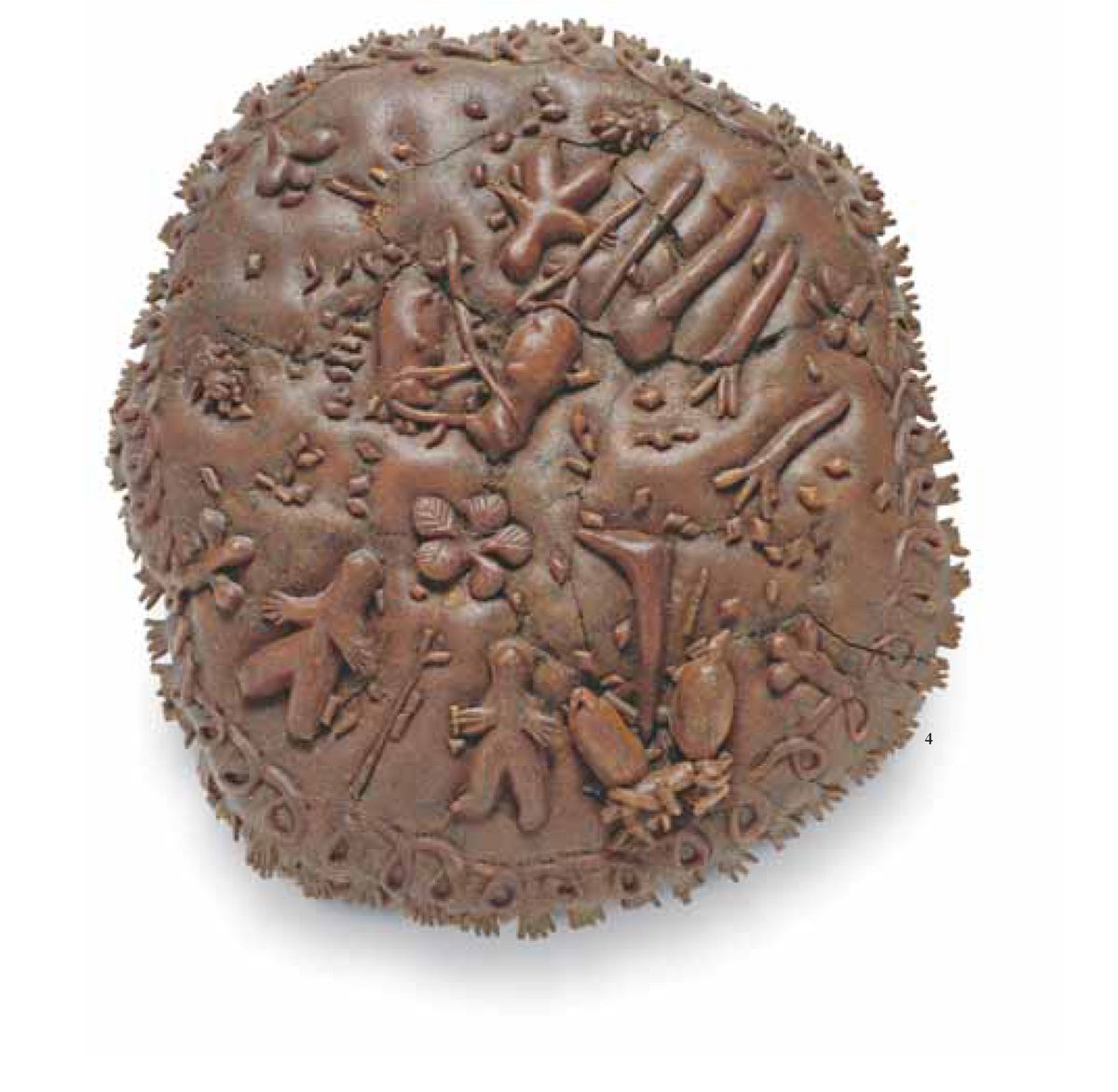
**GRAZIA DELEDDA – 150° anniversary of her birth**
Thread about the only Italian woman writer to have been awarded the Nobel prize in literature, and she was Sardinian.
Thread about the only Italian woman writer to have been awarded the Nobel prize in literature, and she was Sardinian.

Grazia Deledda was born in Nuoro on September 27, 1871. Nuoro is a town of central Sardinia, in the region where traditions are more radicated in the culture and society, but between the end of the XIX century and the beginning of the XX, Nuoro was a town with great artistic- 



-and literary fervour. Grazia was born in a middle-class family; her father was an educated man who had also been major of Nuoro. Grazia attended only primary school, had private lessons on humanistic subjects and then carried ahead self-taught.
Grazia realised rather quickly-

Grazia realised rather quickly-


-her passion for writing but had to face the challenges of the society of the town, which wanted women only attending to the household.
She sent her first works to a publishing house in Rome in 1888. She also wrote several articles about Sardinian culture and traditions that are

She sent her first works to a publishing house in Rome in 1888. She also wrote several articles about Sardinian culture and traditions that are


-now great sources of information.
She earned the appreciation of the Italian literature community of the time and kept writing more books centred on Sardinian life.
In 1899, she moved to Cagliari where she met her husband. They married some months later and then moved to Rome.
She earned the appreciation of the Italian literature community of the time and kept writing more books centred on Sardinian life.
In 1899, she moved to Cagliari where she met her husband. They married some months later and then moved to Rome.

Her husband was an officer of the Minister of Finances but he changed his job to become her literary agent.
In 1903, she published Elias Portolu, one of the most important works of hers. She wrote Cenere in 1904, L'edera in 1908, Canne al vento (Reeds in the Wind) in 1913-
In 1903, she published Elias Portolu, one of the most important works of hers. She wrote Cenere in 1904, L'edera in 1908, Canne al vento (Reeds in the Wind) in 1913-

-the book that earned her the Nobel prize in literature of 1926, but conferred in 1927. The motivation for the award was "for her power as writer, supported by high ideals, which portrays with roundness the life of her native island, and treats with depth and warmth problems of- 





-general human interest."
She died 10 years later, in 1936, in Rome. Her remains were later moved to Nuoro in 1959.
Her works can be framed within the literary currents of Verismo (variation of Naturalism, aiming to portray reality as it is) and especially Decadentism, -

She died 10 years later, in 1936, in Rome. Her remains were later moved to Nuoro in 1959.
Her works can be framed within the literary currents of Verismo (variation of Naturalism, aiming to portray reality as it is) and especially Decadentism, -


-evident also in the decadent sceneries and houses, as a way to portray the decadence of the society of the time, leaving space to the modern, different world.
There are several recurring themes in her works, from the guilt inside every human, to the struggle between -

There are several recurring themes in her works, from the guilt inside every human, to the struggle between -


-good and evil deeds, to the strong presence of religion in Sardinian culture.
Sardinia has a central role in all her works, almost like a character itself. If the story were set in a different place, it wouldn't have been the same. Sardinia is described almost as an Arcadia-
Sardinia has a central role in all her works, almost like a character itself. If the story were set in a different place, it wouldn't have been the same. Sardinia is described almost as an Arcadia-

-facing the changes happening in the period, with a sense of melancholy of what isn't anymore (that's typical of Sardinian literature), accompanied by beautiful descriptions.
Grazia Deledda wrote her books in Italian but her first language was Sardinian instead (Nuorese to be -
Grazia Deledda wrote her books in Italian but her first language was Sardinian instead (Nuorese to be -

-precise) and she never felt confident in Italian, which was a foreign language. This leads us to an also modern problem of having to renounce one's own language (and therefore a part of the identity) to be heard and considered outside.
As a (Sardinian) writer myself, I often take her as a reference for my own writing and I'm extremely grateful for the information of a world I didn't live but can experience through her words.
• • •
Missing some Tweet in this thread? You can try to
force a refresh























